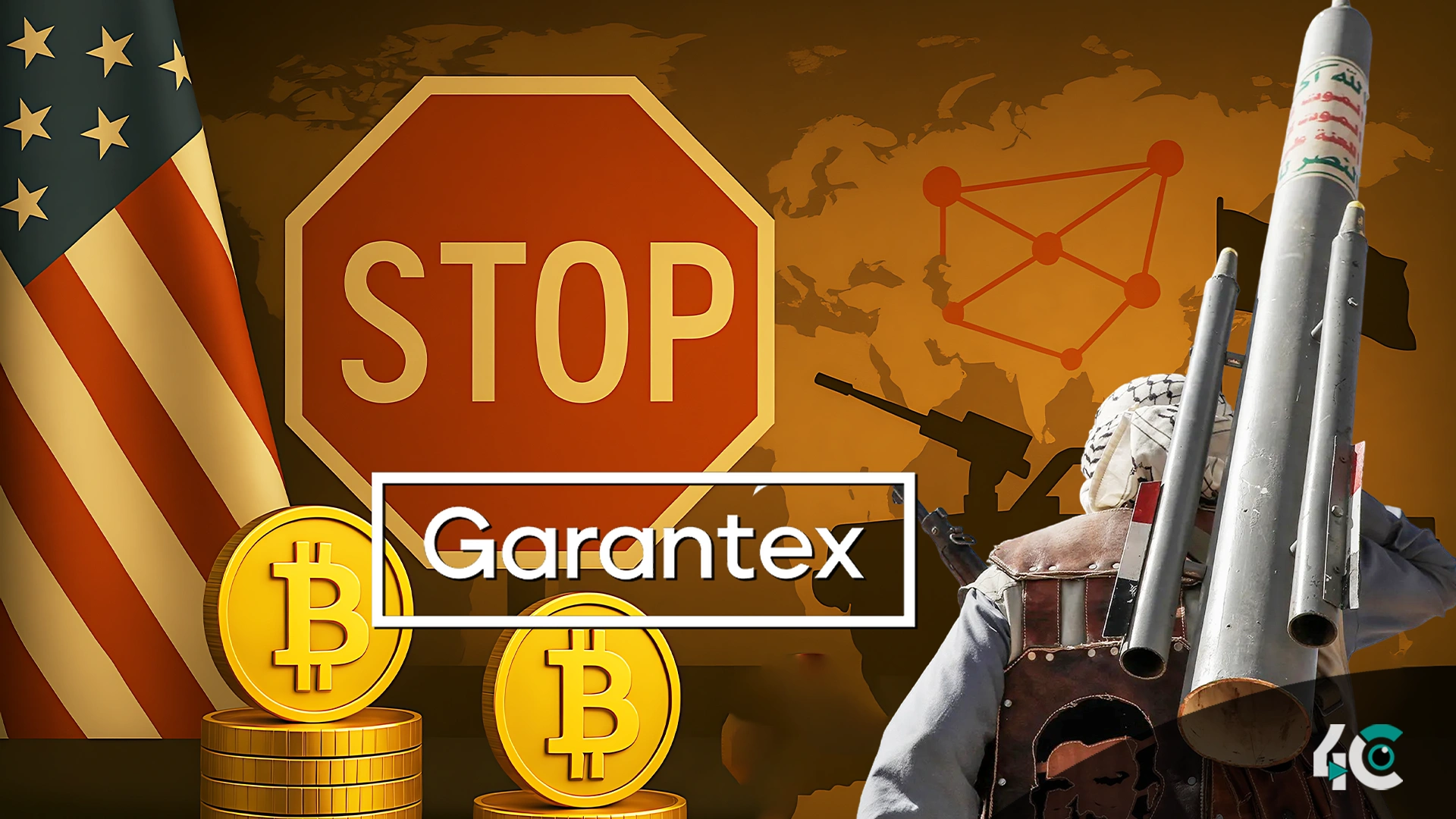U.S. crypto sanctions Garantex and the Houthi network over alleged financing of the Syrian conflict. This move shows how digital assets are increasingly being monitored to prevent misuse in global conflict zones. By targeting these entities, U.S. regulators signal a stricter stance on crypto-linked terrorism funding.
The U.S. government has imposed sanctions on eight cryptocurrency wallets associated with the Russian exchange Garantex and Yemen’s Houthi movement, which have been accused of moving nearly $1 billion to finance conflict. Investigators from the United States claim that these wallets helped transact about $1 billion, most of which was spent on Houthi soldiers, including attacks on ships in the Red Sea.
Two of the sanctioned wallets were linked to recognized cryptocurrency exchanges, while the rest were privately owned. This is all part of an effort to disrupt the funding of terrorist groups and destabilize the region. The wallets were discovered to have ties to Garantex, as well as to people and companies already designated for facilitating illegal activities like buying weapons and drones.
The US has already sanctioned Garantex and shut it down earlier. Although the platform is trying to relaunch with the name ‘Grinex,’ it is under watch. Recently, authorities arrested the platform’s founder, a Lithuanian national, for money laundering and unlicensed money business.
Meanwhile, as sanctions bite, the Houthis, who control a significant portion of Yemen, have turned to cryptocurrency.
According to U.S. intelligence, the group has been using crypto mining for income since 2017. Since then, the Houthis have set up a financial network of money services businesses around Yemen and international exchanges to move and store funds.
The U.S. authorized wallet addresses to stop the exploitation of virtual assets for financing conflicts. Although blockchain is transparent, it may be misused, authorities point out. The latest action shows that cryptocurrencies are not above the law, and abuse will have serious consequences.
The actions taken reflect increasing worries about the weaponization of digital assets in world conflicts. Authorities and crypto firms underline the need for stricter oversight and cooperation to prevent such financial networks from operating unchecked. As tensions grow, the U.S. is ramping up efforts against those who utilize crypto in illicit anti-U.S. activities like terrorist attacks, including financial roundups and operations in Central America and beyond.


































